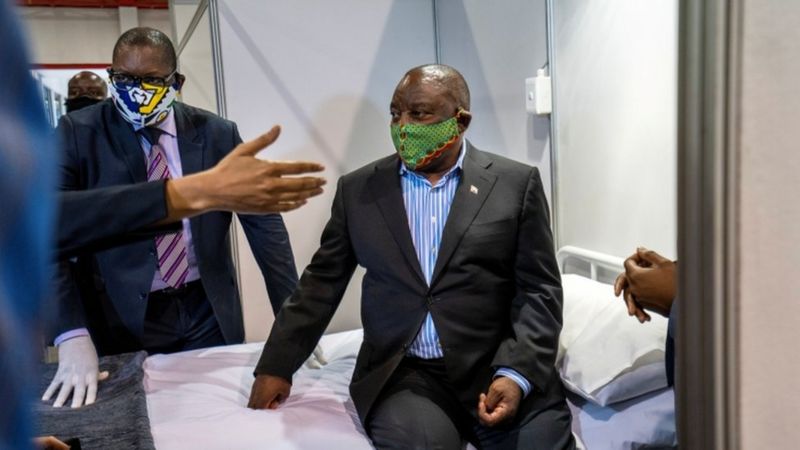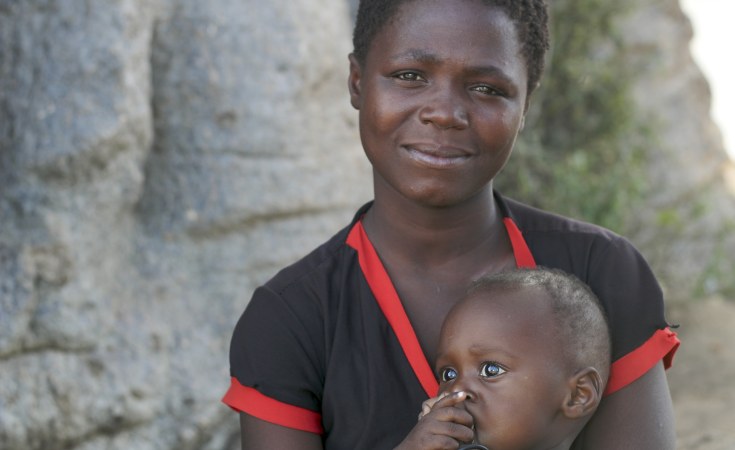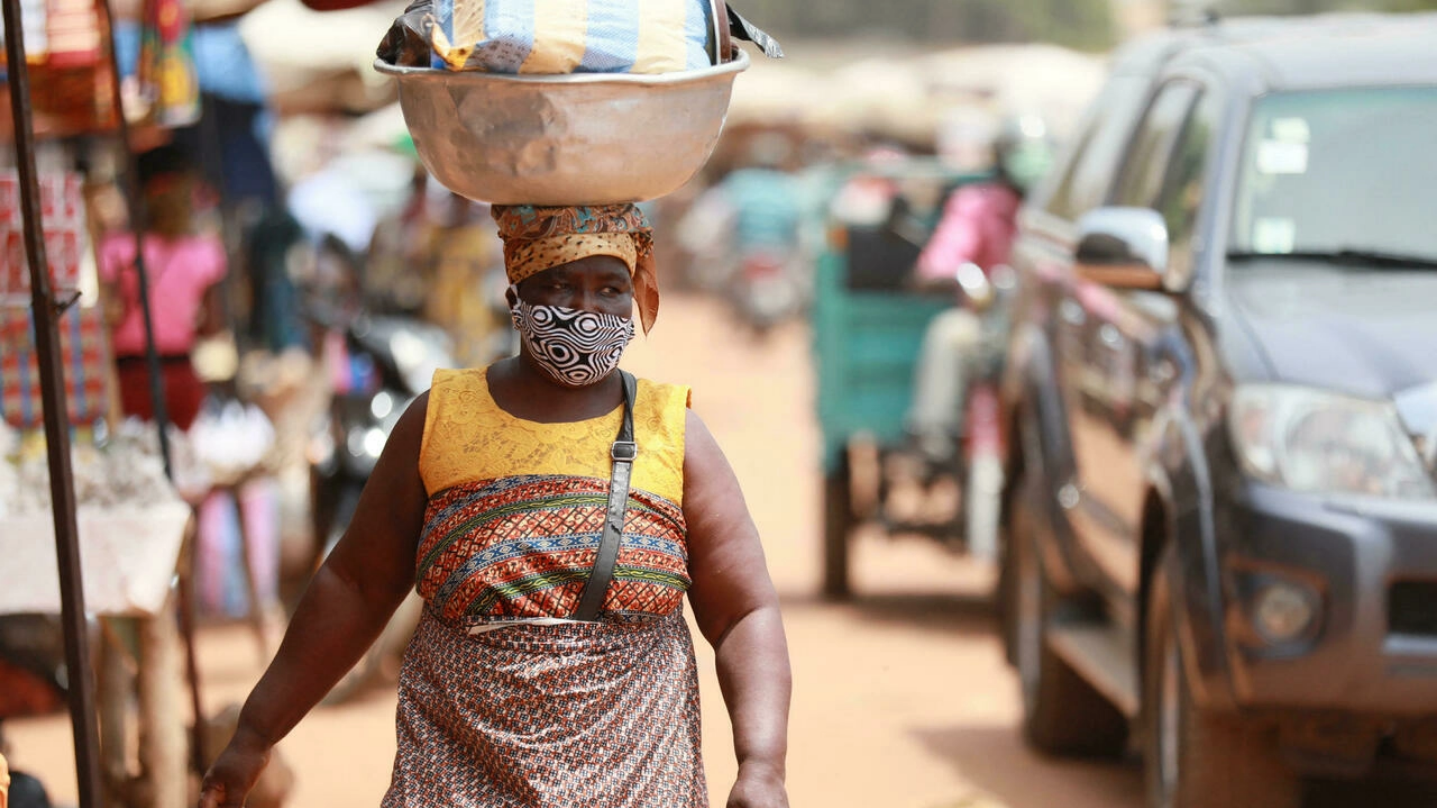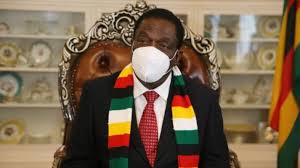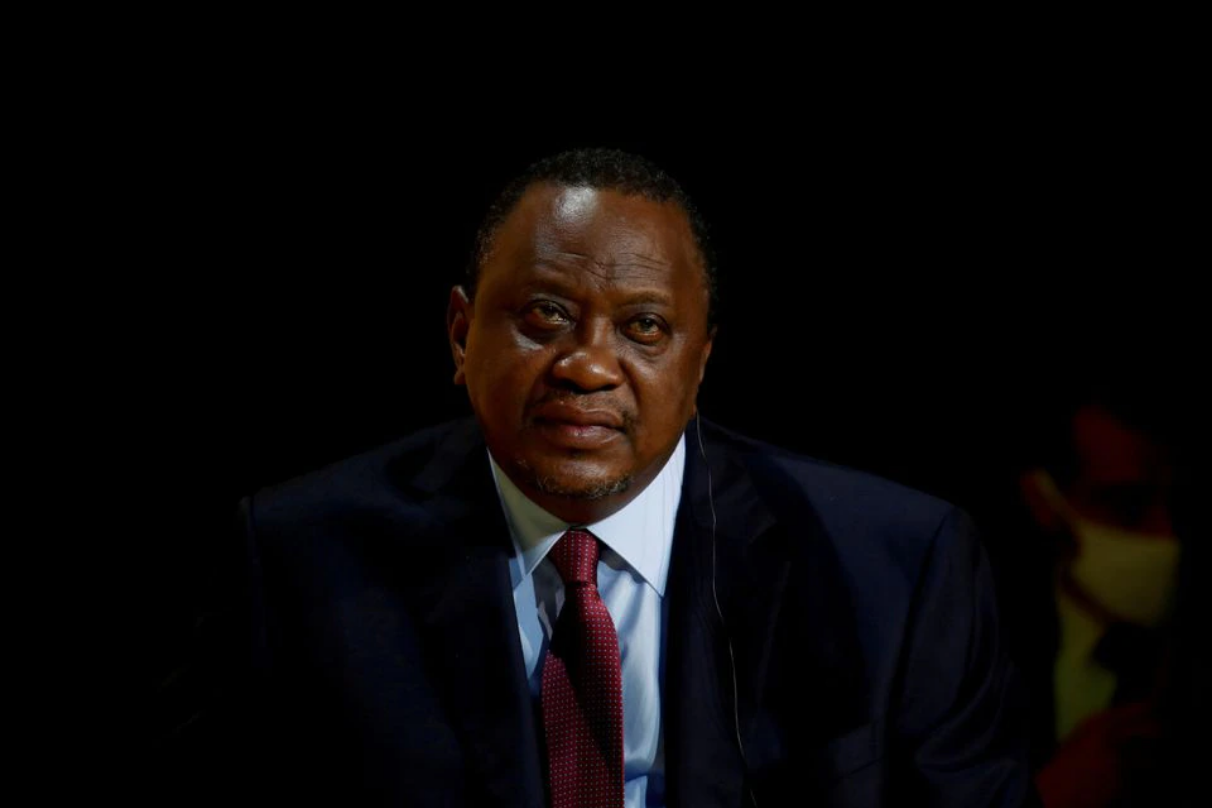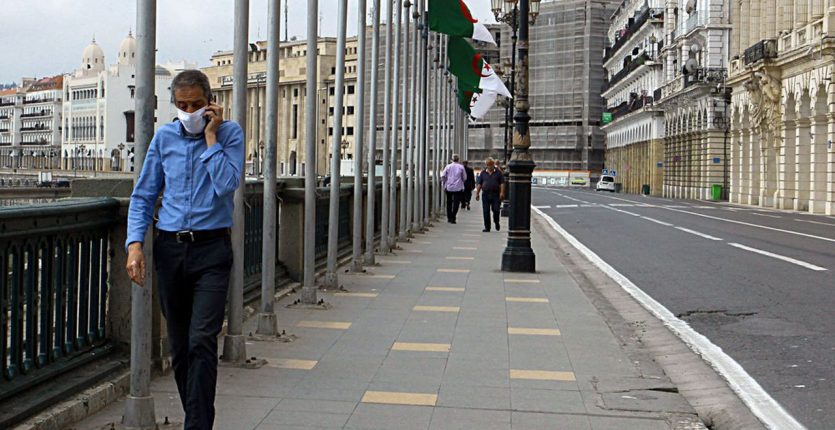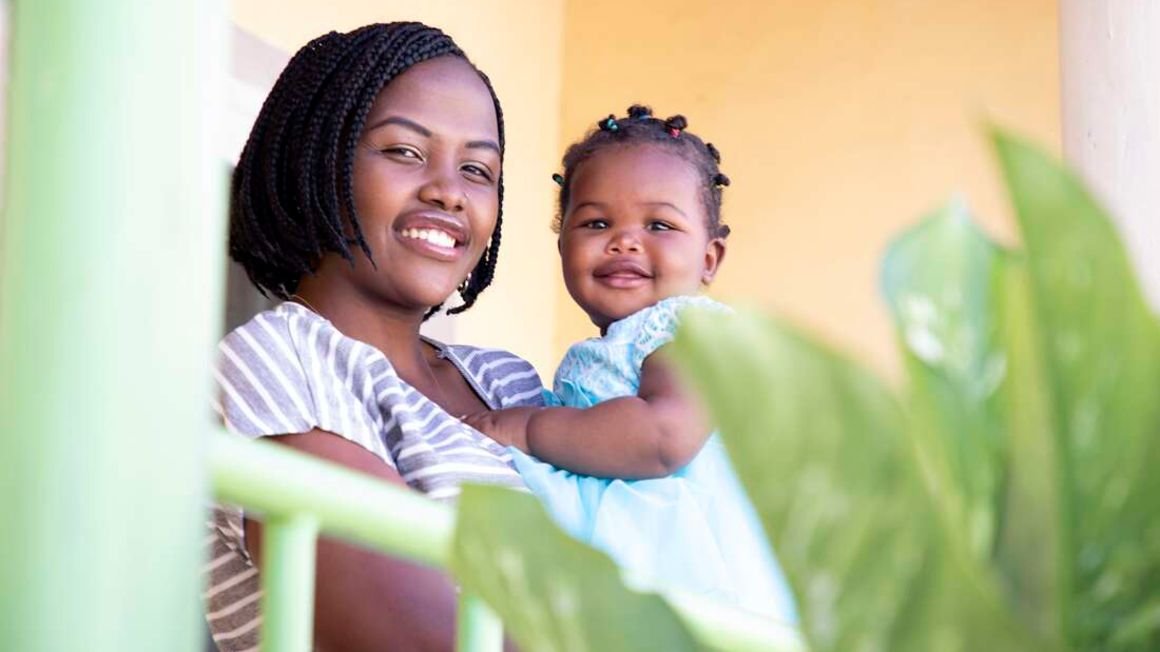RSA
South Africa's president has said coronavirus infections appear to have peaked in the country, as he announced a sweeping relaxation of lockdown measures.
President Cyril Ramaphosa said nearly all restrictions on the country's economy will be eased from Monday.
A controversial ban on the sale of alcohol and tobacco will be lifted.
Domestic travel, small family gatherings and the reopening of businesses will all be allowed.
In a TV address on Saturday, Mr Ramaphosa said the easing of restrictions will help to revive the country's flagging economy after a period of great hardship for the country.
However, he called on South Africans not to let their guard down against Covid-19 despite "signs of hope", warning of difficult times ahead.
The country has recorded more than half of Africa's coronavirus infections, with more than 570,000 cases and 11,500 deaths to date.
Rwanda
The Ministry of Local Government(Minaloc) has announced lift from total COVID-19 lockdown of several cells of the country where movements were restricted to control the spread of the pandemic.
According to the communique, effective August 17, COVID-19 lockdown will be lifted for three villages of Tetero cell in Muhima sector, Nyarugenge district- city of Kigali, namely: Indamutsa, Intiganda and Tetero.
Malawi
Blantyre — Theresa Kachindamoto said an increase in the illegal practice as well as teen pregnancies during the pandemic had spurred her renewed push to save child brides
A senior traditional leader in Malawi has ordered village chiefs to dissolve all the child marriages that took place during the country's coronavirus lockdown so girls can return to classes when schools start reopening next month.
Senior Chief Theresa Kachindamoto, a well-known campaigner against early marriage, said an increase in the illegal practice as well as teen pregnancies during the pandemic had spurred her renewed push to save child brides.
Kachindamoto joined forces with women's rights groups for the campaign, spreading their message among parents and village leaders across the southern African nation, where high rates of early marriage persist despite a 2015 ban.
Nigeria
Nigerian President Muhammadu Buhari has authorized the extension of a nationwide lockdown for four weeks as the country continues its fight against the COVID-19 pandemic.
The latest extension is the third for the second phase of an eased lockdown meant to curb the spread of the disease in the West African country.
Local Channels TV announced on Thursday evening that the move was announced by Boss Mustapha, the Secretary to the Government of the Federation (SGF) and Chairman of the Presidential Task Force (PTF) on COVID-19, at a Task Force briefing in Abuja.
Nigeria is one of the worst affected countries in Africa by the COVID-19 pandemic, having reported 44,890 infections and 927 deaths.
The number of cases in the West African country is the third-highest on the continent, shadowed only by South Africa and Egypt.
RFI
Le coronavirus a exacerbé les violences basées sur le genre, partout dans le monde. Enquêtes menées dans quatre pays de l’Afrique de l’Ouest (Bénin, Côte d’Ivoire, Ghana et Togo)Le coronavirus a exacerbé les violences basées sur le genre, partout dans le monde. Enquêtes menées dans quatre pays de l’Afrique de l’Ouest (Bénin, Côte d’Ivoire, Ghana et Togo)
The Star
Kenya - Health CS Mutahi Kagwe said the country is yet to hit the World Health Organisation recommended positivity rate of five per cent for a consistent period of 14 days.
XINHUANET
HARARE, Sept. 7 (Xinhua) -- Zimbabwean President Emmerson Mnangagwa on Tuesday announced the relaxation of the COVID-19 lockdown from Level 4 to Level 2, unbanning intercity travel, and allowing businesses to operate from 8 a.m. to 7 p.m. local time.
Reuters
NAIROBI, Oct 20 (Reuters) - Kenya lifted a nationwide curfew on Wednesday that has been in place since March 2020 to curb the spread of the coronavirus, President Uhuru Kenyatta announced.
Algerie 360
Pas de retour au confinement en Algérie pour le moment. c’est ce qu’a indiqué le dernier communiqué de premier ministère.
The Eastern African
For over a year and a half, the pandemic emergency measures negatively affected mothers-to-be and new mothers, increasing the likelihood of anxiety and post-partum depression.


